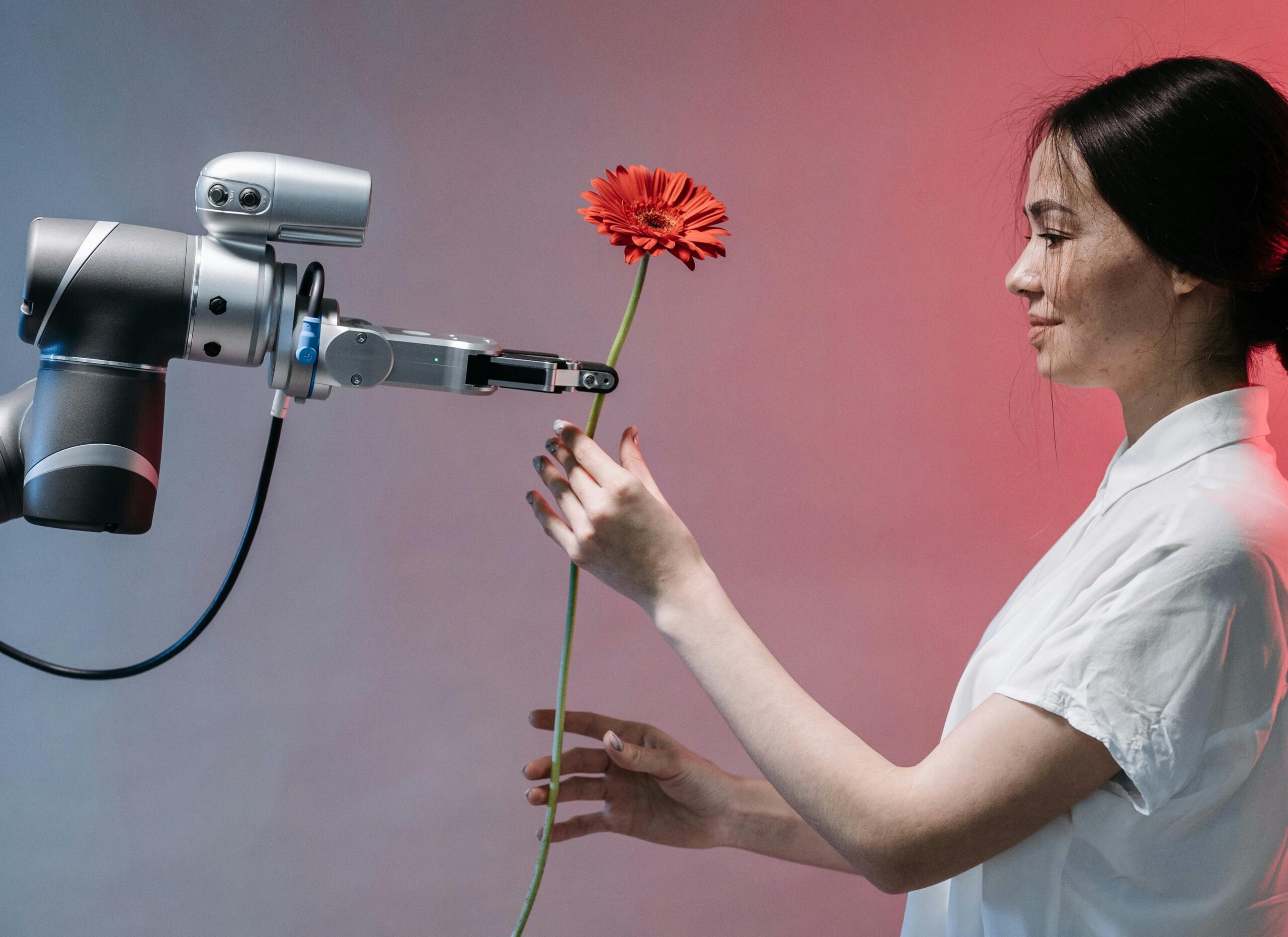
The blessings of AI
AI and the future of work are tightly connected. While the media focuses on risks, AI offers major opportunities: especially in knowledge-driven roles. The shift we’re seeing today didn’t start with AI; it has been underway for decades as knowledge work evolves in a digital world.
📜 The Changing Value of Knowledge
For much of history, knowledge was power. Those who possessed specialized knowledge held prestige, authority, and influence. But this changed with the rise of the internet and especially with search engines like Google.
In the past, knowing facts, data, and information was a value-adding skill. Today, knowledge is no longer locked away in books or institutions. It is freely available to anyone with an internet connection. The ability to find, assess, and apply knowledge has become the real differentiator.
Google did not replace the knowledge worker. It changed the nature of expertise. The same shift is now happening with AI.
🤖 AI as the Next Evolution in Knowledge Work
With the rise of large language models (LLMs) like ChatGPT, AI can scan, summarize, and analyze vast amounts of text at breakneck speed. But this leads to an important question:
📌 Who will determine whether the AI-generated output makes sense?
📌 Who will ask the right questions to get meaningful answers?
📌 Who will combine AI-driven text analysis with IT and data science?
AI is not replacing expertise. It is reshaping it. The role of the knowledge worker is evolving, requiring new skills in critical thinking, AI interaction, and cross-disciplinary analysis.
⚠️ The Real Job Market Challenge: It’s Not AI, It’s Demographics
The debate about AI-driven job losses is important, but history tells us that technology-driven disruptions are nothing new.
- In the 1980s, automation eliminated many manual labor jobs.
- At the time, this led to concerns about job shortages.
- Today, the opposite is true: we don’t have enough people to fill jobs.
As the workforce shrinks due to an aging population, the labor market is becoming more overstretched than ever. The real risk is not AI taking jobs, but not having enough skilled workers to fill the roles that remain.
🎯 Why AI is Essential for the Future of Work
Today, a significant portion of valuable human work hours is wasted on red tape, administrative burdens, and bureaucracy.
🚀 This is where AI can make the biggest impact. 🚀
Instead of replacing workers, AI can:
✅ Automate routine and administrative tasks, freeing up human creativity.
✅ Reduce inefficiencies in businesses and governments, cutting down unnecessary paperwork.
✅ Allow professionals to focus on strategic, high-value work, instead of getting bogged down in bureaucracy.
The labor market urgently needs AI to compensate for the workforce shortage and ensure that skilled professionals can focus on their core tasks.
🔍 The Future of Knowledge Work: Adaptation, Not Elimination
📌 Just as Google didn’t make knowledge workers obsolete, AI won’t either.
📌 Instead, AI will shift the focus of expertise from memorizing facts to applying insights.
📌 Those who embrace AI and learn to work alongside it will be the leaders of the future workplace.
We are not heading toward a jobless future. We are heading toward a more efficient, AI-assisted world, where scarce human resources are used where they matter most.
📚 Want to learn more about AI and the future of work? Check out our latest articles or visit our FAQ section for more insights.
📩 Need expert guidance? Get in touch with us today.
Because in the future of work, AI is not the threat—resistance to change is.
